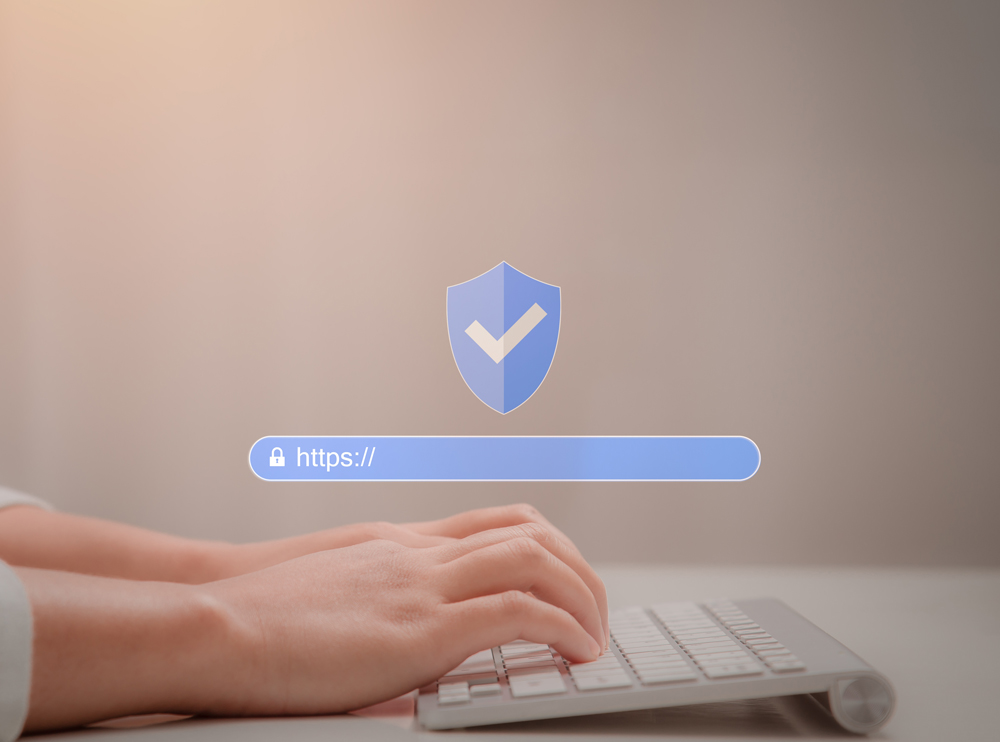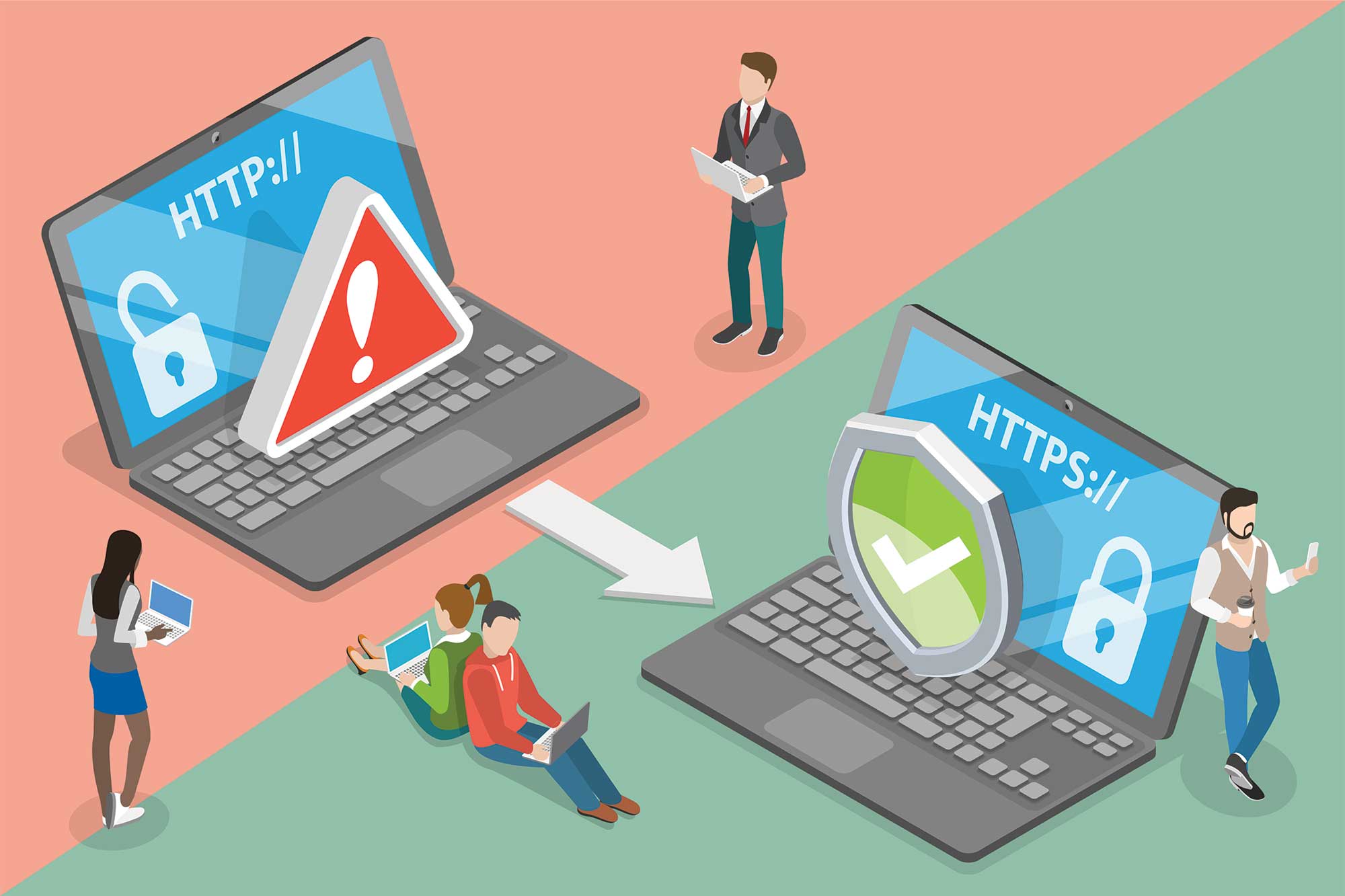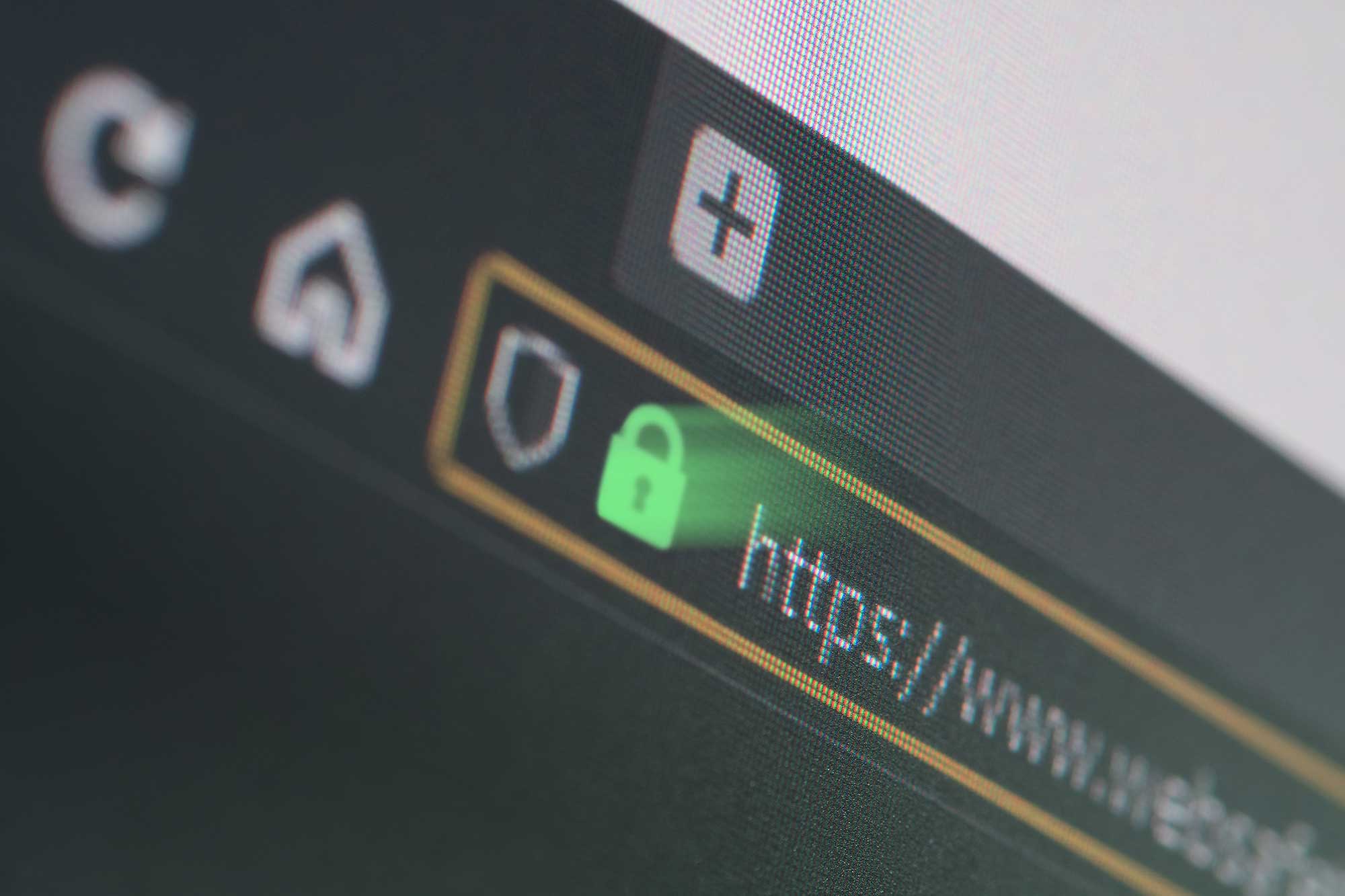
In today's interconnected digital world, the internet is a cornerstone of commerce, communication, and daily life. From shopping online to accessing personal records, individuals and businesses rely heavily on websites to perform critical tasks. However, with this reliance comes significant responsibility—securing data and maintaining trust. SSL certificates and website security measures are vital to achieving these goals. This blog explores the importance of SSL certificates, their role in securing websites, and the broader implications of website security for businesses and users alike.
An SSL (Secure Sockets Layer) certificate is a digital certificate that authenticates a website’s identity and enables an encrypted connection between the website server and the user's browser. It ensures that sensitive data such as credit card numbers, login credentials, and personal information is transmitted securely, preventing unauthorised access or interception.
SSL certificates rely on public-key cryptography, where two keys—a public key and a private key—work together to encrypt and decrypt information. When a user accesses a website with an SSL certificate, their browser verifies the authenticity of the certificate, initiating a secure session denoted by "HTTPS" in the URL and often accompanied by a padlock icon.

SSL certificates come in various types, tailored to the needs of different websites:
1. Data Security
At its core, the purpose of an SSL certificate is to safeguard sensitive data transmitted between the user and the website. Without encryption, data is vulnerable to interception by hackers, leading to breaches, identity theft, and financial losses. SSL encryption protects this data, making it nearly impossible for unauthorised parties to decipher.
2. Building Trust and Credibility
Trust is fundamental to online interactions. When users visit a website and see the HTTPS prefix or padlock symbol, they feel reassured that the site is secure. Conversely, browsers often flag sites without SSL certificates as "Not Secure," discouraging users from interacting with them. This warning can harm a business’s reputation and reduce customer engagement.
3. Search Engine Optimisation (SEO) Benefits
Search engines like Google prioritise secure websites in their rankings. Since 2014, Google has used HTTPS as a ranking signal, favouring sites with SSL certificates over their non-secure counterparts. This means SSL certificates not only protect user data but also enhance a website’s visibility and competitiveness.
4. Compliance with Regulations
Many data protection regulations, such as the General Data Protection Regulation (GDPR) in Europe and the California Consumer Privacy Act (CCPA) in the United States, require businesses to implement measures to protect personal data. SSL certificates are a critical component of compliance, ensuring encrypted communication and demonstrating a commitment to security.
5. Protection Against Phishing Attacks
Phishing attacks involve fraudulent websites impersonating legitimate ones to steal sensitive information. While SSL certificates alone cannot prevent phishing, they make it easier for users to identify authentic websites. Websites with extended validation certificates offer an additional layer of trust by prominently displaying verified organisational details.

1. Safeguarding Business Reputation
A single security breach can have devastating consequences for a business’s reputation. Customers expect websites to protect their data; failing to do so can lead to a loss of trust, legal repercussions, and financial losses. Implementing robust security measures, including SSL certificates, demonstrates a business’s commitment to protecting its users.
2. Preventing Financial Loss
Cyberattacks, including data breaches, ransomware, and fraud, can result in significant financial losses. By securing websites with SSL certificates and other security measures, businesses reduce their risk of falling victim to such attacks, saving costs associated with damage control and legal liabilities.
3. Enhancing User Experience
Website security directly impacts user experience. Modern browsers warn users before allowing them to access non-secure websites, which can deter potential visitors and lead to high bounce rates. Secure websites, on the other hand, provide seamless and reassuring experiences, encouraging user engagement and retention.
4. Supporting E-Commerce Growth
For e-commerce businesses, security is non-negotiable. SSL certificates protect online transactions by encrypting payment details and personal information. Secure e-commerce websites build trust with customers, fostering loyalty and driving sales.
While SSL certificates are a cornerstone of website security, they are only one component of a comprehensive security strategy. Businesses and website administrators should implement the following measures to further enhance security:
1. Regular Software Updates
Outdated software, including content management systems (CMS), plugins, and server software, is a common entry point for hackers. Regular updates and patches are crucial to address vulnerabilities and ensure security.
2. Web Application Firewalls (WAFs)
WAFs filter and monitor incoming traffic, blocking malicious requests and protecting against threats such as SQL injection and cross-site scripting (XSS) attacks.
3. Secure Authentication Practices
Implementing strong password policies, two-factor authentication (2FA), and secure session management reduces the risk of unauthorised access.
4. Regular Security Audits
Conducting routine security audits helps identify vulnerabilities and ensure that security measures are up to date. Penetration testing and vulnerability scans are effective tools in this process.
5. Backup and Recovery Plans
Regular backups and a robust recovery plan ensure that data can be restored quickly in the event of a security breach or server failure. Secure offsite storage adds an extra layer of protection.
6. Educating Users and Employees
Human error is a significant factor in security breaches. Training employees and educating users about cybersecurity best practices, such as recognising phishing emails, can mitigate this risk.
As technology evolves, so do the threats to website security. Staying ahead of these trends is crucial for businesses looking to maintain secure online operations:
1. Rise of Quantum Computing
Quantum computing poses a potential challenge to traditional encryption methods. Post-quantum cryptography is an emerging field focused on developing encryption techniques that can withstand quantum attacks.
2. AI-Driven Threats and Defences
Artificial intelligence (AI) is increasingly being used by both attackers and defenders in cybersecurity. Businesses must leverage AI-driven security tools to detect and mitigate threats proactively.
3. Zero-Trust Architecture
Zero-trust models, which assume that threats can come from anywhere (both inside and outside the network), are becoming a cornerstone of modern security strategies. Implementing this approach involves continuous verification of users and devices.
4. Focus on Privacy-Preserving Technologies
As data privacy concerns grow, technologies like homomorphic encryption and secure multi-party computation are gaining attention for their ability to process data without exposing it.

SSL certificates and website security are essential in today’s digital landscape. They protect sensitive data, foster trust, and support compliance with regulations, all while enhancing user experience and driving business success. However, SSL certificates alone are not enough; businesses must adopt a comprehensive approach to security, incorporating advanced technologies and best practices to stay ahead of evolving threats. By prioritising website security, organisations not only protect themselves and their users but also contribute to a safer and more trustworthy internet for everyone.
We would love to work with you on your next project or breathe new life into an existing one. Speak to our experts today!
Contact us